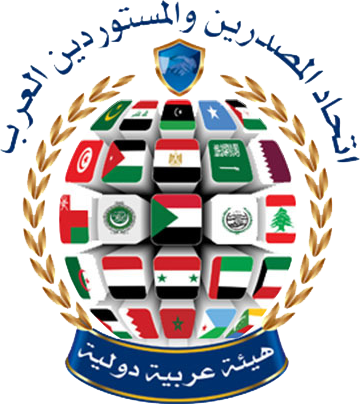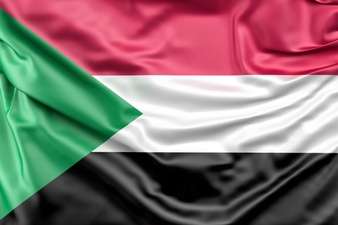Governor of the Central Bank of Lebanon: the formation of a new government will reduce the risk and interest rates
2018-11-08
Central Bank of Lebanon Governor Riad Salameh said on Wednesday the formation of a new government was implementing reforms that would increase confidence in the market and reduce risks and interest rates in the heavily indebted country.
Six months after parliamentary elections, politicians in Lebanon have yet to agree on a unity government that will have to embark on much-needed economic reforms. Politicians have warned of an economic crisis unless a government is formed soon.
Salama said the central bank would continue to maintain monetary stability under the negative impact of the political stalemate, but added that the bank's operations were costly and a new government should be formed soon to initiate reforms and ease pressure on the bank.
"We hope there will be a government there as soon as it is in a government that means a political solution in Lebanon, and this will please the markets," Salama said in an interview with Al-Jadida television.
Lebanon suffers from the third highest ratio of public debt to GDP, economic stagnation and what the International Monetary Fund (IMF) has described as increasing weaknesses in the financial system. Reforms are needed to reduce the budget deficit and the current account balance and reduce dependence on the central bank's operations.
In the absence of effective government decision-making, the central bank has for years kept Lebanon's economy stable and foreign reserves high while maintaining growth through stimulus packages and financial operations that the IMF has described as unconventional.
Last week, the World Bank said that the financial architecture used to keep foreign reserves high and the flow of deposits, which is necessary to defend the peg to the dollar, came at "high and increasing costs" in the balance sheet of the Banque du Liban.
Salama said no one denied the cost to the central bank, and urged the formation of a government quickly.
"If the next government actually made reforms, the Banque du Liban is a beneficiary, because its cost will be less for its legal role, which is stabilizing."
Lebanese banks have raised interest rates on deposits over the past year to attract and maintain dollar and lira deposits as global interest rates rise and Lebanon's political and economic situation worsens.
The weighted average interest rate on Lira deposits was 7.39 percent in September, the highest level since October 2007. The average rate on dollar deposits was 4.36 percent, the highest level since January 2008.
Interest rates on new dollar deposits on commercial banks are much higher, with some banks accounting for 15 percent of their five-year deposits. These prices are provided by the high, and expensive, interest rates offered by the central bank to commercial banks.
"Interest is linked to risk," he said.

 Syria
Syria Lebanon
Lebanon Egypt
Egypt Jordan
Jordan Iraq
Iraq Sudan
Sudan Palestine
Palestine